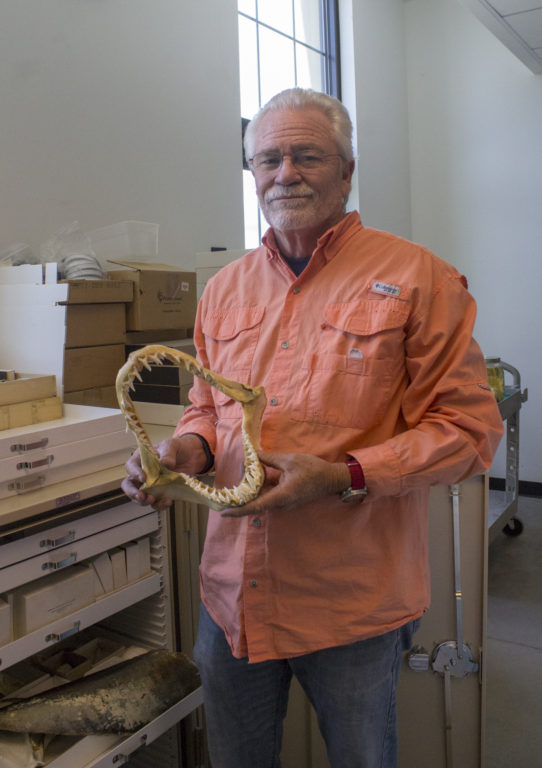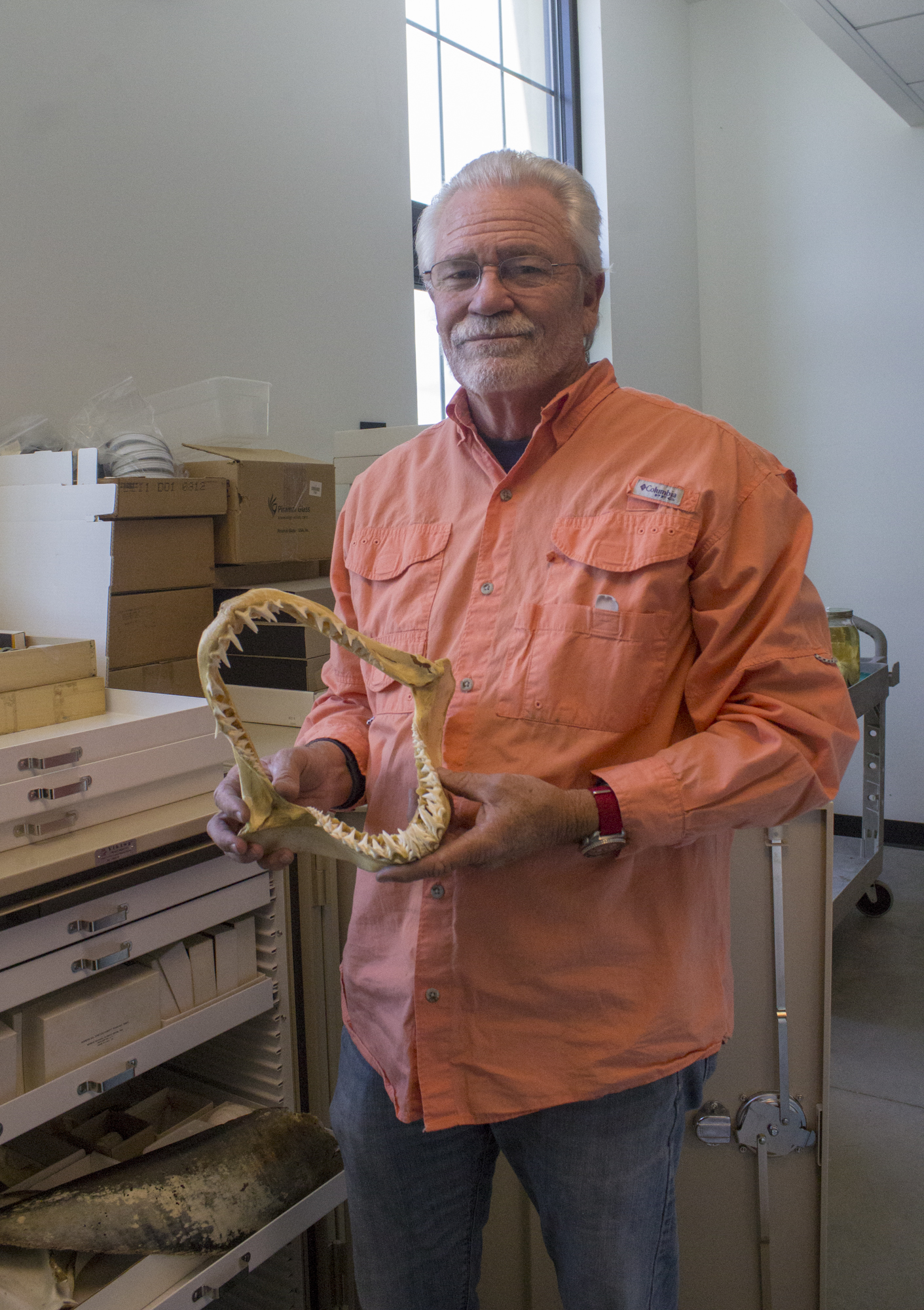
Traditional classroom lectures will just get your feet wet, but taking a field trip to an ocean site will get you diving into a deeper understanding of the coursework.
Pierce College Marine Biology Professor Raymond Wells, or Doc as many students call him, has developed a unique way of engaging students and instilling them with a hands-on approach to marine biology through field trips to ocean sites.
“What I’ve done is I’ve taken different areas of marine biology and made them into short trips, classes where people really learn a lot in a small amount of time,” Wells said. “You can’t take a class like this at a university. If you want to take a full class, you usually have to be a biology major and usually be a junior to even take them.”
Well’s teaching assistant, and former student Inji Issac, describes how the program transformed her life after a traumatic experience.
“How I met Doc is, I’m a survivor of sexual assault,” Issac said. “I came to him saying that I miss doing this so much because I went to UCSB, I worked in the field and I was assaulted when I was working as a park ranger,”
The trip also helped Issac redefine her career choice that encouraged her to go on another field trip.
“Not only did he keep his eye on me interacting with people because I get panic attacks and anxiety,” Issac said. “he sort of led me into this world of becoming a researcher and producing ideas and really not being afraid of embracing my own independence in that realm, because I really felt like I had lost it. Doc has taken a mentorship role in my life and he’s helping me apply to a graduate program at CSUN.”
According to Wells, the field trips help Pierce college students stand out when they transfer to a larger university setting.
“One thing I like to emphasize is that students who go through this program where they enter into a university are already fueled, trained and ready, and their professors love them because the others haven’t even had a field class yet,” Wells said. “So they know how to collect data. They know how to conduct themselves in the field.”
Isadore Goodman a chemistry teacher at Pierce College explains that he has seen firsthand how effective the field trips are at teaching students difficult concepts.
“He goes on a variety of trips down to Mexico, so he gets a lot more hands-on time with students in that sense,” Goodman said. “I’d been on a couple of his trips they are lots of fun and you really get to know your students in a different way. He’s got that advantage of teaching in the marine biology environment, right on the water.”
Issac explained how these field trips can be a lot of fun.
“The 21 and up, or the legal drinking age, we all got beers every day, if there was a five o’clock happy hour,” Issac said. “I didn’t drink during happy hour until I finished.”
According to Wells, though the field trips are fun, the students who go on them must be prepared to work hard.
“I train students to work in the field because it takes discipline and the first thing students want to do is get down someplace and party and get drunk,” Wells said. “I say, no you don’t do that. We’ve got the bell tomorrow morning.”
Wells explained that teaching fieldwork early prepares students for further levels of study.
“I teach them how to work in the field, so when my students go to university they’re getting somebody who’s already field trained and ready to do research,” Wells said. “Some of them step right into graduate research because they’re capable of doing it.”
Isaac remembers how Wells was involved in bringing back dolphins who were being killed and used as shark bait.
“When we were in Mexico, we talked about why the dolphins just came back recently,” Isaac said. “It turned out that these fishermen we’re going to come and take all the sharks. So they would catch dolphins, and would kill and cut them up and use them as shark bait.”
Issac also notes how Wells was involved with stopping these fisherman.
“For like 20 years, the dolphins stopped coming and nobody really knew about it, but he knows because he worked with the fishermen who stopped it.”
Goodman recalled an oceanic experience on one of these trips that stuck with him.
“We went to this one spot and I don’t remember exactly where it was, but we were on a boat and we went snorkeling,” Goodman said. I dont remember if they were sea lions, or seals, but you were swimming amongst dozens of them and they were all around you. Swimming at you and around you. For me, that was amazing, I had never experienced that before.”
Wells is considering retirement after 37 years of teaching, but he doesn’t plan to stop working with marine life anytime soon.




